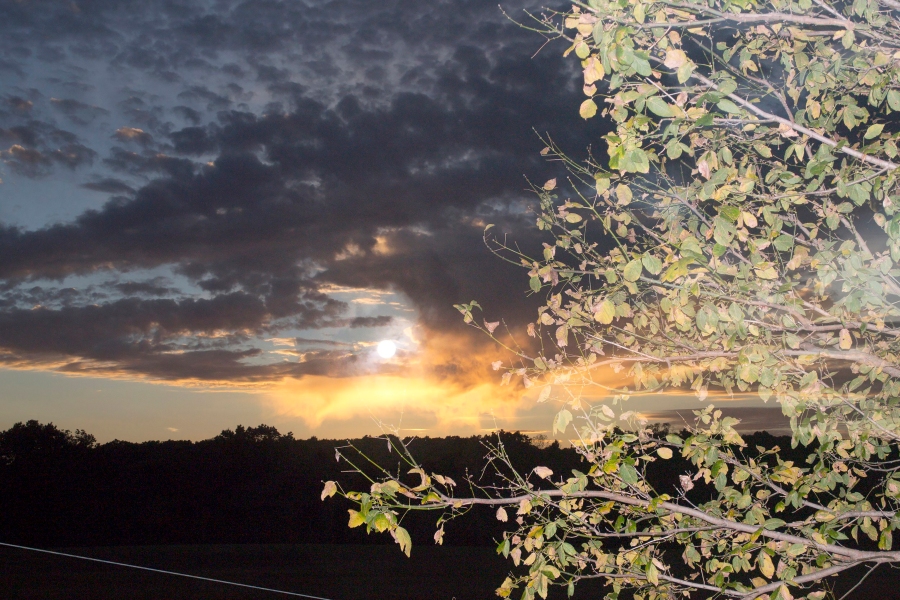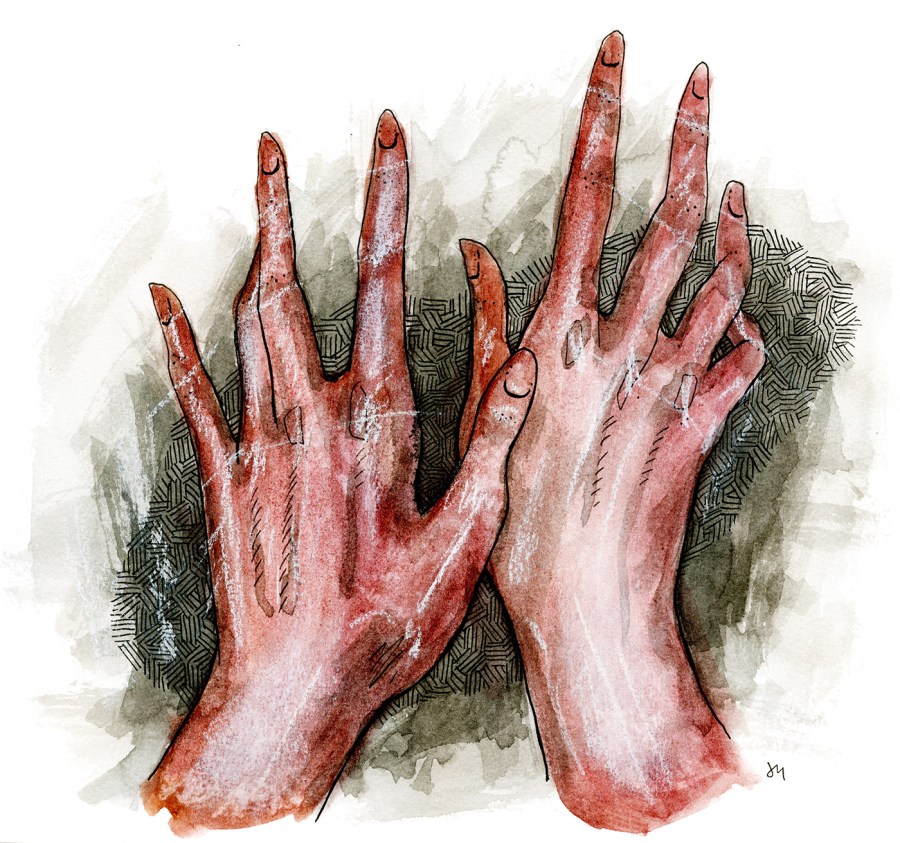The Algorithm Sells Me a New Bra
By Emily Banks
Hate bras? This is the bra for you.
I can’t gatekeep. I hadn’t worn a bra in years
but this changed me. Are you a member
of the Itty Bitty Titty Club (IBTC)?
Well it’s here finally, a bra made for small cups. No more gapping.
I threw all my old bras in the trash when I tried this on.
I just ordered four more. Have you been wearing the wrong size
since you were ten and your mother wrapped you up
with her measuring tape, told you to stand still, straight?
We’ll tell you your True Size. Take this quick quiz
and give us your email. We’ll send you emails till you buy
a bra from us or die. What do you mean
you want to unsubscribe? This is our best offer, only one time.
I used to believe wireless bras couldn’t work
for big boobs like mine. That was until I tried—I can’t gatekeep.
This one is for my girls who are blessed in the chest.
This year we’re kicking underwire to the curb.
This year we’re breaking up with cup spillage.
This year we’re saying no to uniboob
and constant pain. Listen, you need to see this for yourself.
My bestie asked if I’d gotten a boob job.
I’ve never had cleavage before this bra.
This bra is magic. Watch how it disappears under my tee.
Watch how it makes my back fat disappear.
Does your size fluctuate throughout your cycle?
Girl, mine too. Girl, this one is for you.
Stop what you’re doing now and listen up.
These straps won’t slip or dig into your skin
branding you with crimson marks that take
forever to fade. So easy to adjust! This is the very bra
Taylor Swift wore rehearsing for the Eras Tour.
It improves your posture and your mental health.
I can’t gatekeep. I quit therapy after wearing this for a day.
My boyfriend asked if I’d started a new anti-depressant.
Ladies, this is not a normal bra.
It feels like I’m wearing a cloud.
It feels like I’m floating on an innertube
with my bestie back when we were still too young
for bras. I fall asleep in it. Work out in it.
I’ve updated my will to request
they bury me in it. Because this is heaven:
no more gapping, no uniboob, no endless, lonely ache
so subtle you stop noticing it till it’s gone.
These pads can be removed for customized cleavage.
This is my new “have to leave the house” bra.
This is my new “have to turn the Zoom camera on” bra.
This is my new “have to drag myself from bed
although what’s the point really” bra.
Its band never rides up. My ride-or-die.
You’ll wear it the store. Wear it to work. The gym.
To make dinner, to load the dishwasher.
To Swiffer the floor and vacuum the rug, scroll through a feed
of wedding anniversaries and new babies,
cocktails on beaches, the friends you meant to keep
up with and men you once turned down looking happy,
check Facebook Memories.
Girl, you can stop scrolling.
I can’t gatekeep: this is the first bra
I don’t take off as soon I get home. This is it for me.
This is the support I’ve been needing.
Oh my God, this changes everything.
Read More











